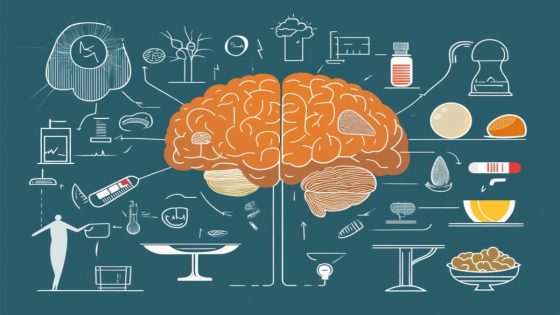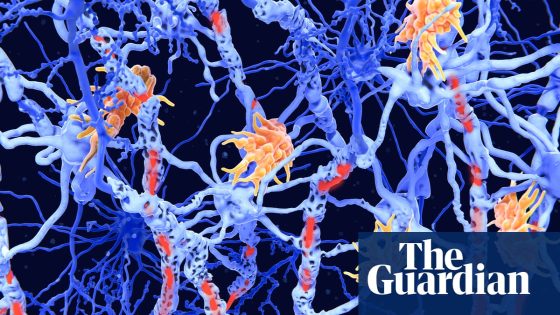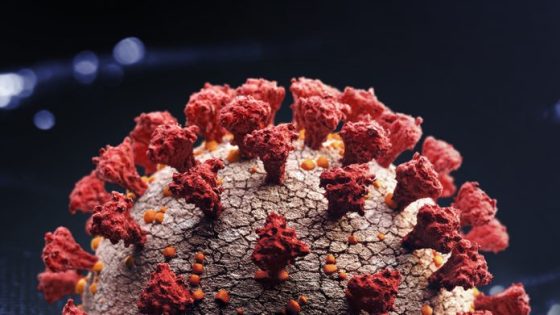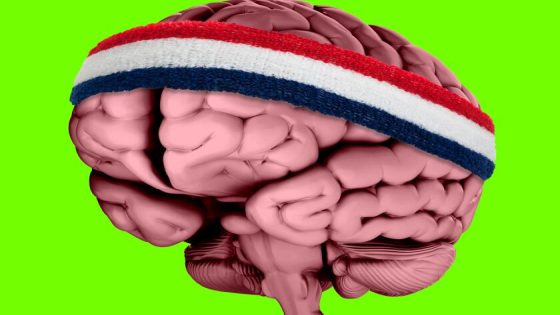Recent research highlights a breakthrough in obesity treatment, focusing on semaglutide’s role in appetite regulation. On May 26, 2025, findings from the University of Gothenburg revealed that specific brainstem neurons mediate semaglutide’s weight-loss effects without causing nausea, a common side effect of many weight-loss medications.
- Specific brainstem neurons mediate semaglutide effects
- Neurons reduce appetite without nausea side effects
- Disabling neurons diminishes weight loss benefits
- Targeting neurons could enhance obesity treatments
- Semaglutide is a GLP-1R agonist for obesity
- Study provides insights into energy balance regulation
This discovery is significant as it opens the door for more targeted therapies that can deliver the benefits of GLP-1R agonists while minimizing discomfort. By isolating the neurons responsible for appetite suppression, researchers aim to enhance obesity treatments effectively.
Could this mean a new era in obesity management? Understanding how semaglutide works at a neural level may lead to more effective treatments. Consider these health recommendations:
- Consult a healthcare provider about semaglutide and its potential benefits.
- Stay informed about new obesity treatments and their mechanisms.
- Incorporate healthy lifestyle changes alongside any medication.
As research progresses, it’s vital to stay engaged with emerging therapies that could transform how we approach weight management. Will future treatments be more effective and comfortable?
































